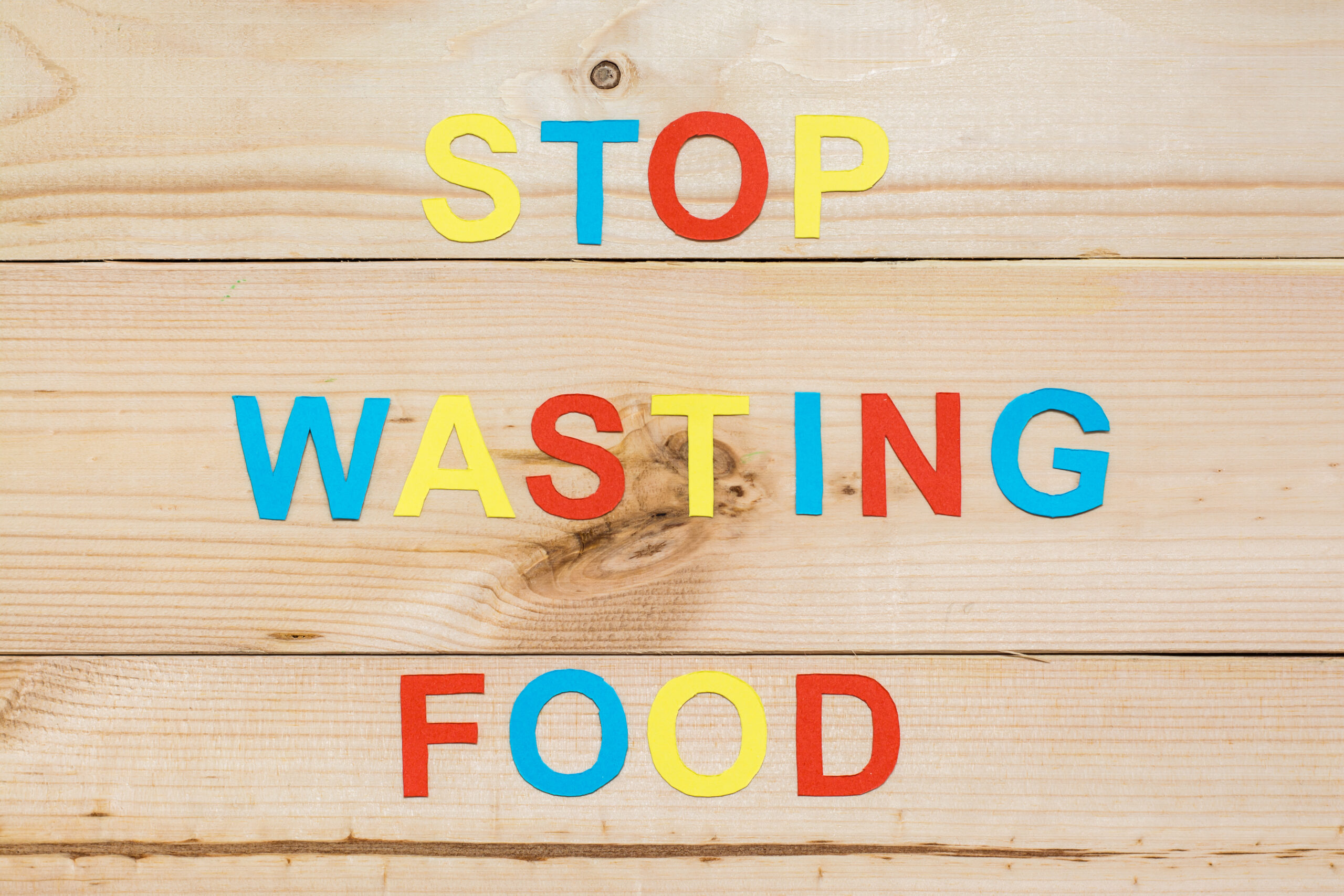Mealworms, the larval form of the mealworm beetle, have become the first insect in Europe deemed safe for human consumption. After receiving an application from Micronsutris, a French insect farmer, the European Food Safety Authority (EFSA) found no safety concerns for dried yellow mealworms. The EFSA’s decision is the first step in heralding in EU-wide approval of snacks and other foods containing the insect as an ingredient.
A source of protein, fat and fiber, mealworms also show promise as a sustainable source of food for generations to come. The insects can also be used as an alternative source of protein for animals and its waste is ideal as organic fertilizer.
“There are clear environmental and economic benefits if you substitute traditional sources of animal protein with those that require less feed, produce less waste and result in fewer greenhouse gas emissions,” Mario Mazzocchi, professor at the University of Bologna told the Financial Times.
Fish and chicken already enjoy mealworms, but the question remains: will humans be able to consume insects as part of a balanced diet?
The United Nations’ Food and Agriculture Organization estimates that around two billion people across 130 countries already consume insects as part of their standard diet. They are not, however, widely consumed in the west or Europe. In fact, the sale of insects is still prohibited in Italy, France, Germany and Spain, among other European countries. But that could all change with EFSA’s recent ruling.
A handful of EU countries, including Finland, Belgium and the Netherlands, do already permit the sale of insect-containing products. While consumers in these countries are not yet consuming whole roasted insects, flour and protein powders with insects as an ingredient are more common.
For now, the biggest winners from the EFSA’s decision are the leading players in insect farming. The industry is predicted to exceed a value of $1 billion globally in 2022 and grow tenfold to exceed $4.1 billion by 2025. Due to their high nutritional value and low environmental impact, insects-as-food startups have garnered impressive venture-capital financing from companies like Cargill and Nestlé.
So far, the EFSA has received 15 applications for insect-based food products with mealworms being the first to gain its approval. And while the insects have been given the food safety go-ahead, the EFSA recommended that they should not be consumed by people with certain allergies, including shellfish and dust mites. But it will likely take time before even those without such allergies come to accept insects on their dinner plates.
“Our eating habits must shift drastically if we hope to achieve a 70 percent reduction of our impact on the climate by 2030, as the government has promised,” Michael Bom Frøst, associate professor in the food science department at the University of Copenhagen, told Futurity in an interview. “But we can’t get people to eat in a more climate-friendly manner if they don’t like the food.”
The EFSA’s safety approval is an important milestone for the edible insect sector — one that will likely create a snowball effect to increase investment capacity and support further growth.












Join or login to leave a comment
JOIN LOGIN